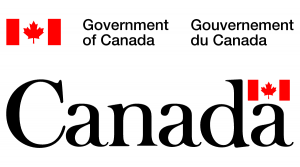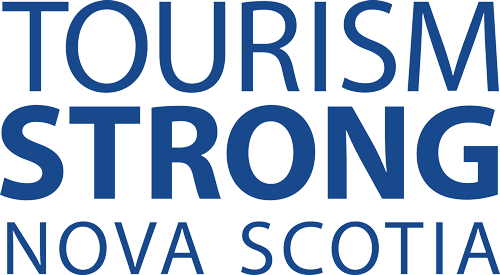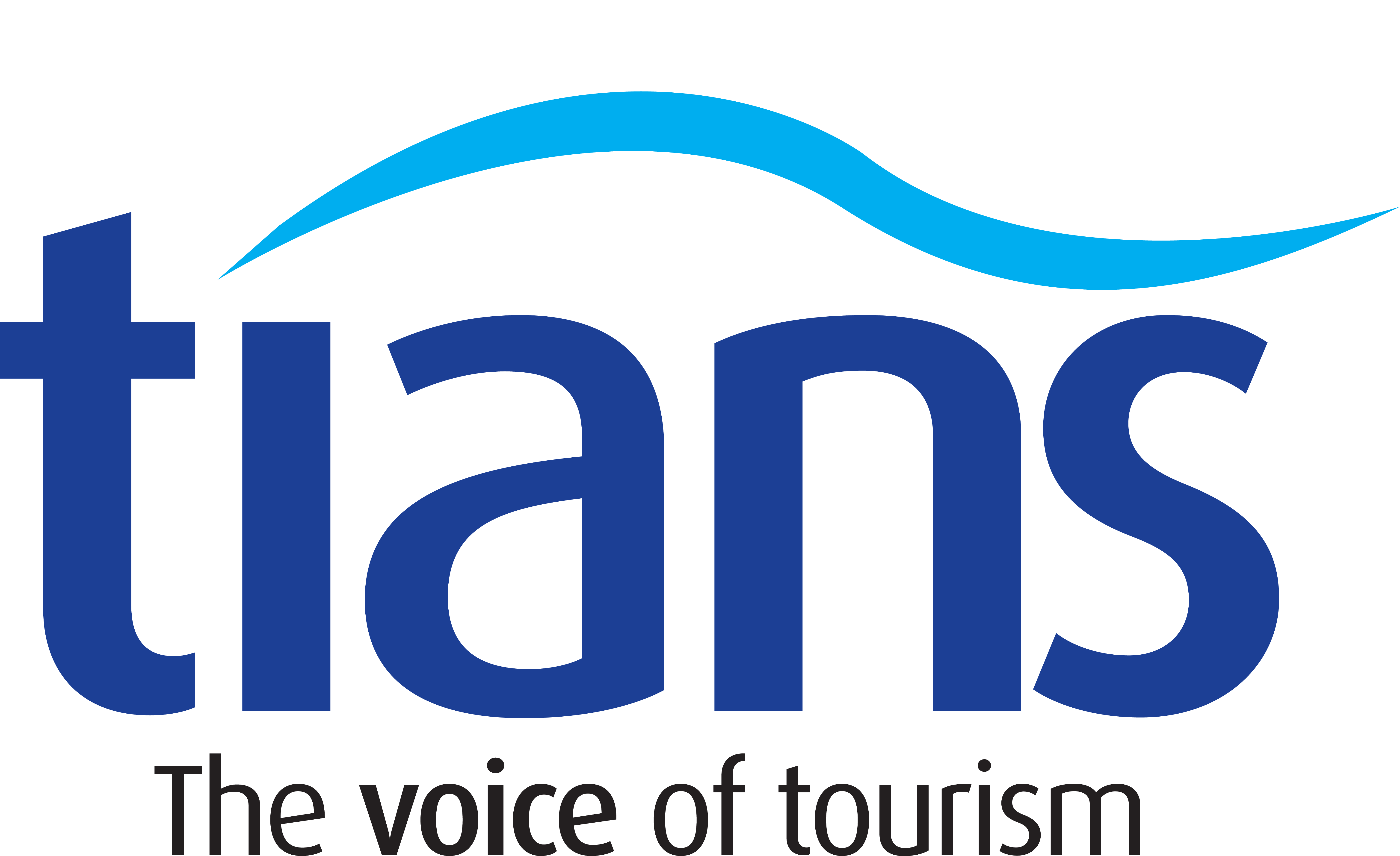Today, the Government of Canada announced that, as of June 20, it will suspend vaccination requirements for domestic and outbound travel, federally regulated transportation sectors and federal government employees.
Release from Transport Canada – June 14, 2022
View Official Transport Canada Release online

While the suspension of vaccine mandates reflects an improved public health situation in Canada, the COVID-19 virus continues to evolve and circulate in Canada and globally. Given this context, and because vaccination rates and virus control in other countries varies significantly, current vaccination requirements at the border will remain in effect. This will reduce the potential impact of international travel on our health care system and serve as added protection against any future variant. Other public health measures, such as wearing a mask, continue to apply and will be enforced throughout a traveller’s journey on a plane or train.
Requirement for vaccinations suspended for domestic and outbound travel
- As of June 20, 2022, at 00:01 EDT, vaccination will no longer be a requirement to board a plane or train in Canada.
- This change does not affect border measures that require all travellers entering Canada to continue following entry requirements, including vaccination.
- Other public health measures, such as wearing a mask, continue to apply and will be enforced throughout a traveller’s journey on a plane or train.
- Given the unique nature of cruise ships, including the fact that passengers are in close contact with each other for extended periods of time, vaccination against COVID-19 is still required for passengers and crew on cruise ships.
- Adherence to strict public health requirements on cruise ships will still be required.
Federally regulated transportation sector workers
- As of June 20, 2022, at 00:01 EDT, employers in the federally regulated air, rail, and marine sectors will no longer be required to have mandatory vaccination policies in place for employees.
- Employers will be responsible for establishing return-to-work practices.
- Furthermore, the Government of Canada is no longer moving forward with the proposed regulations to make vaccination mandatory in all federally regulated workplaces.
Masking Requirements
- Travellers on federally regulated planes and trains continue to be required to wear a mask throughout their journey except for brief periods (e.g., eating or drinking).
- Passengers on cruise ships will be expected to follow the masking requirements and other hygiene measures as directed by the ship’s crew, regardless of whether they are foreign or domestic.
Face masks are the most basic, visible, and low-cost measure for reducing transmission of COVID-19. Studies show that masks reduce spread of the disease, especially in enclosed areas or in areas with reduced ventilation. Public health experts continue to recommend the use of masks in crowded spaces and indoor settings.
Science-based decision making
Following a successful vaccination campaign, 32 million eligible Canadians have been vaccinated against COVID-19. The Government of Canada’s decision to suspend the mandatory vaccination requirement for the domestic transportation sector was informed by key indicators, including
- the evolution of the virus;
- the epidemiologic situation and modelling (stabilization of infection and hospitalizations across the country);
- vaccine science; and
- high levels of vaccination in Canada against COVID-19.
The Government of Canada will continue to evaluate measures and will not hesitate to make adjustments based on the latest public health advice and science to keep Canadians and the transportation system safe and secure.
Entry requirements remain for travel to Canada from abroad
Canadian citizens and Canadian permanent residents returning from international destinations who do not qualify for the fully vaccinated traveller exemption continue to be required to provide a valid pre-entry test result, remain subject to Day 1 and Day 8 molecular testing, and quarantine for 14 days.
In addition, all travellers entering Canada are required to input their mandatory information in ArriveCAN within 72 hours before their arrival in Canada. Travellers who arrive without completing their ArriveCAN submission may be subject to Day 1, Day 8 molecular testing, quarantine for 14 days, and to fines or other enforcement actions, regardless of their vaccination status.
Remote communities
With the suspension of the vaccination mandate for domestic and outbound travel, the testing accommodation for remote communities is no longer required. The Government of Canada will continue to work with communities, Indigenous groups, provinces and territories, and operators to support remote communities as the pandemic evolves.
Foreign nationals
Vaccine requirements for entry into Canada by foreign nationals remain unchanged at this time. Foreign nationals who are not fully vaccinated continue to be prohibited entry into Canada. With the suspension of the domestic mandate, unvaccinated foreign nationals will continue to be able to depart Canada by plane or train.

